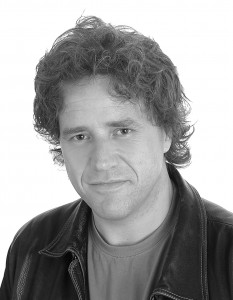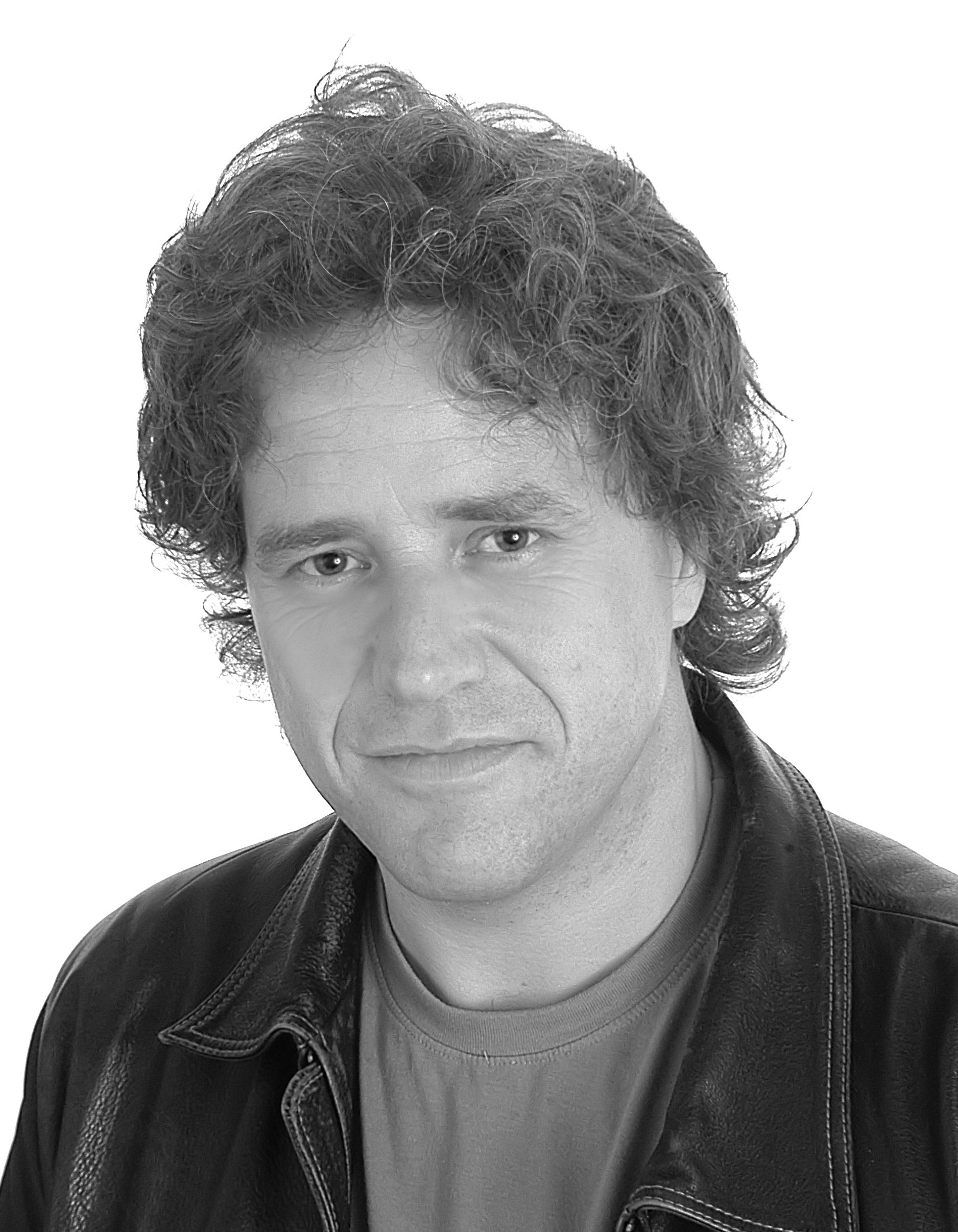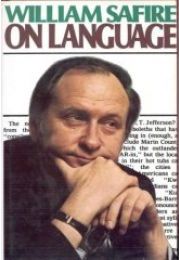
Last week author Chris James talked about achieving the proper length and momentum when writing a novel. If you missed Part One of his post, you can read it here. Now, the conclusion of “Is It Long Enough?”:
Story acceleration
The next problem after the dead zone is story acceleration: instead of trudging endlessly to the Pole, you decide to bring the Pole to you (we’re talking about our imaginations here, after all). You tell yourself a character or plot sequence is too weak, so you cut it out: you want to get on and write the most exciting bits as soon as you can, instead of taking the reader on an intriguing journey that builds gradually to a satisfying climax (said the vicar to the nun).
The answer here is to put yourself in the position of, say, a stand-up comic: he writes a gag and it’s funny – but only once. He rehearses it, then tells the joke maybe hundreds or thousands of times in his career. For him, the joke has become a meaningless sequence of words, devoid of any humour whatsoever. But he keeps using it because he can remember the impact it had when he first thought it up, and every time he tells it, his audience laughs. It’s the same for your novel. Before you publish, if you’re anything like me you’ll read it over 200 times. The words will lose almost all meaning, and it will be the easiest thing in the world to doubt that your writing is any good at all. Here you need to be like the comic: remember what made you write that scene in the first place, and then imagine the impact it will have on someone who reads it for the first time. Trust your original instinct. Continue reading “Is it long enough? (Said the vicar to the nun) Part 2 by Chris James”





